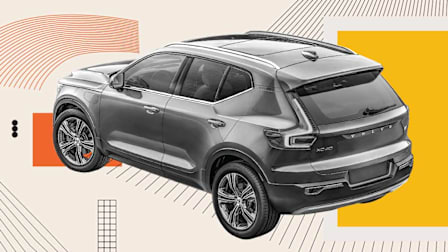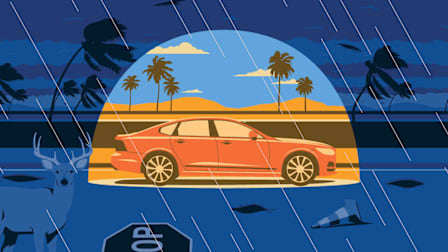What to Do If a Car Insurance Company Won’t Cover Your Vehicle
From the Tesla Cybertruck to the "Kia Challenge," some car owners report being dropped from their car insurance companies

You may have noticed that insurers tend to charge higher premiums on certain types of vehicles. But can an insurer refuse to cover you based on the kind of car you drive?
Experts say yes. That’s because insurers are risk-averse and like to avoid situations that will cost them money. For example, some insurers may not cover models that are especially prone to theft in an area. Owners of some souped-up sports cars or high-end collector models may also find that some insurers are unwilling to cover them because of how costly they may be to repair.
“The type of car does indeed matter—always has,” says Lynne McChristian, director of the Office of Risk Management and Insurance Research at the University of Illinois, Urbana-Champaign. “Sometimes insurers change their underwriting guidelines to limit what they feel comfortable insuring. It always comes down to some data point that reflects increased risk.”
The Bottom Line
The good news: According to the Zebra, a company that helps consumers find car insurance online, most insurers will cover most mass-market cars, albeit at varying prices. As always, Consumer Reports recommends shopping broadly and frequently for car insurance using our buying guide and ratings.
But if you’re turned down, you may have to widen your search of insurers or turn to what’s called a specialty insurer, Heller says. If you have a car that’s difficult to insure, a bad driving record, or both, Worters says, you may have to turn to what’s called an “assigned risk” or “residual” insurer, which is basically the last resort for someone who can’t get a policy anywhere else.
“Every state has an insurance market of last resort that is required by law to sell a policy to just about any licensed driver,” Heller says. Most of the state programs are managed by a nonprofit run by the insurance industry called AIPSO, which has a Find a Producer page where down-on-their-luck drivers can look for an authorized assigned policy risk agent. But be prepared to shell out for this type of insurance, which can cost up to 50 percent more than a typical policy.
High-end and collector cars can be insured by specialty policies with premiums that are based on an agreed-upon value and an understanding that annual mileage will be kept to a predetermined maximum. The best way to find one of these policies is to let your fingers do the walking, so to speak: Check Google for collector car insurance companies that do business in your state.
CR’s advice: When you are shopping for a car, don’t take anything for granted. Check to see if you can get insurance for the specific model you’re considering and what it will cost. The more you know before buying the car, the fewer surprises you’ll face later on.
More on Car Insurance
• CR’s Car Insurance Ratings and Buying Guide
• Best Car Insurance Companies
• How to Lower Your Car Insurance Rates
• Best Car Insurance Companies for Seniors
• Everything You Need to Know About Teen Car Insurance
• Proven Ways to Save on Car Insurance Even If You’re a Safe Driver
• How to Keep Your Car From Getting Stolen
• How to Prevent Catalytic Converter Theft




